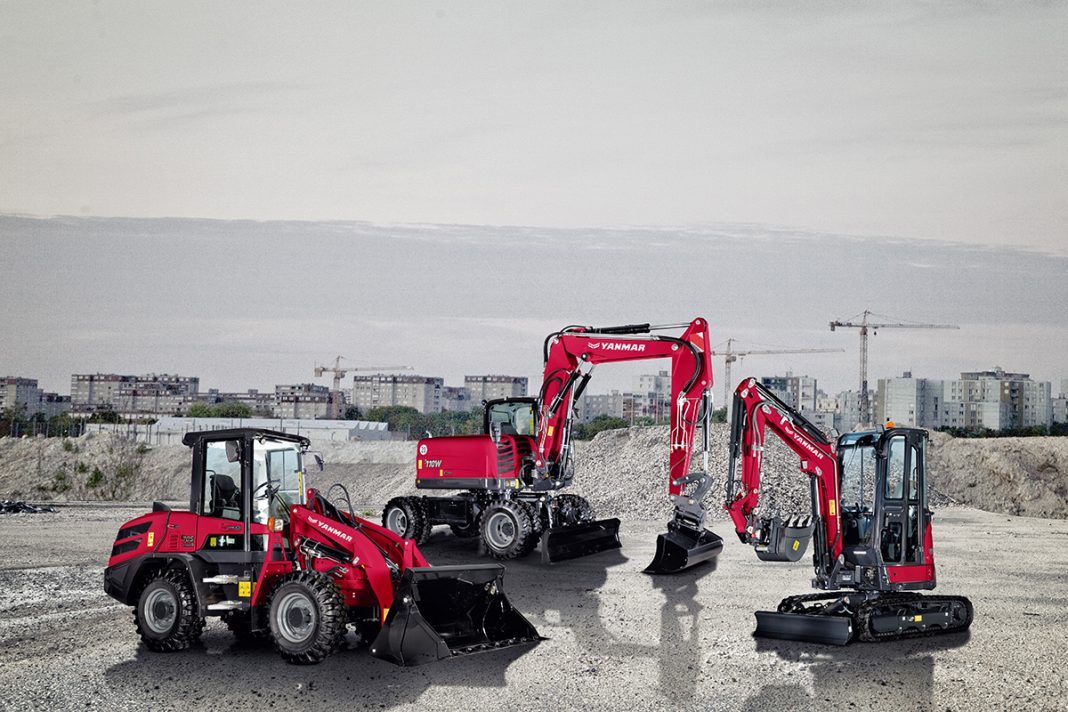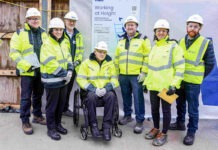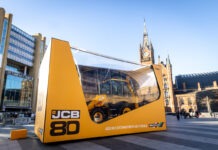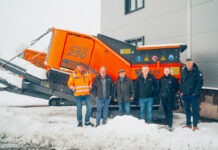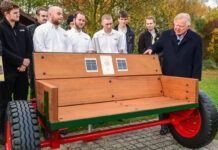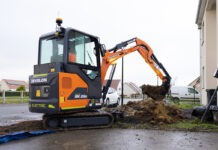The construction equipment industry has weathered the storms thrown at it – but is it prepared for what comes next? Bauma is the ideal moment to take stock of the global situation, says Damiano Violi, MD of Yanmar Compact Equipment EMEA.
‘The best preparation for tomorrow is doing your best today’, so the saying goes. But working out what isfor the best is not as easy as it once was. Any author searching for a story of great drama could do worse than look at the turmoil that the global construction industry has had to cope with over the last two years.
An unprecedented boom in demand has had every conceivable supply and logistical disruption thrown at it. While demand remains at historic highs – how long will it last? And what of our climate responsibilities? What will it take for the adoption of electric machines to take hold?
All these issues will be in focus in Munich in October. The industry has much to be pleased about, and has done a great job of meeting demand in very difficult circumstances. Even after over a decade of increasing demand, until recently we were experiencing year-on-year growth of 15-20% in Europe. With order books filled way into the future, surely this scenario of demand far outstripping supply is unsustainable long term?
The price of success
We’re not complaining – this is a nice problem to have. But it does bring with it challenges. Even if there is a cooling of demand in the coming months, it is likely to be short lived and compact equipment is forecast to grow faster than the wider construction equipment industry long term.
Pressure remains on supply chains, with some suppliers reluctant to increase capacity for fear that the current demand situation is a bubble, while those that doinvest in extra output have to endure lengthy waits for production machinery to arrive and a shortage of skilled labour.
Recent experience has highlighted the limitations of long supply chains, and while we still rely on expertise from our home in Japan, at Yanmar we are doing all we can to localize production and shorten supply lines. Not only does this reduce lead times and our carbon footprint, it also allows us to tailor products to local requirements.
If there is a slowdown in the coming months, ironically it might not be such a bad thing for an industry that is running white hot…
Learning to love electric
At bauma we are unveiling our first ever electric mini excavator, the SV 17e, electric wheel loader V8e and an electric variant of the CO8 tracked carrier. This is just the start of a long-term energy transformation program that will see Yanmar play its part in addressing climate change. Even though our new electric machines are best-in-class, we appreciate that they are a hard sell to customers. While the industry is coming round to electric, it is doing so only very slowly – and that is the case across the whole industry.
As this summer’s exceptional heat waves showed, the climate is warming and there is no time to lose in making the change to zero emission equipment. But significant challenges in the adoption, use and charging of electric machines remain, and unless there is widespread government intervention, we foresee ICE powered compact equipment will remain dominant for the foreseeable future. We expect the issue of the slow adoption of electric machines to spark much discussion in Munich.
Since you been gone
After two years of enforced isolation, bauma offers a fantastic opportunity to reconnect with customers, colleagues and competitors. We all come back to the show much changed to how we left last time. At Yanmar CE alone our new Premium Red branding, electric and ICE machines, finance packages and attachment ranges are just the most visible manifestations of a fundamental transformation of the company, all focused on delivering a class-leading customer experience.
We have plenty to talk about in Munich this October – not least that we are prepared for Today andTomorrow.


